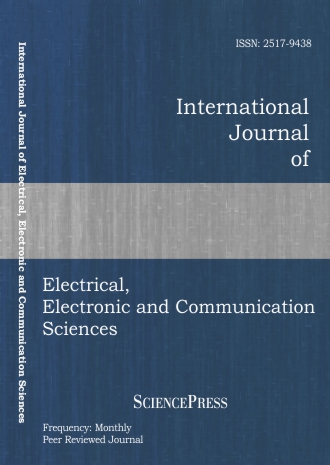
Scholarly
Volume:1, Issue: 12, 2007 Page No: 1827 - 1829
International Journal of Electrical, Electronic and Communication Sciences
ISSN: 2517-9438
1061 Downloads
Bandwidth Allocation for ABR Service in Cellular Networks
Available Bit Rate Service (ABR) is the lower priority service and the better service for the transmission of data. On wireline ATM networks ABR source is always getting the feedback from switches about increase or decrease of bandwidth according to the changing network conditions and minimum bandwidth is guaranteed. In wireless networks guaranteeing the minimum bandwidth is really a challenging task as the source is always in mobile and traveling from one cell to another cell. Re establishment of virtual circuits from start to end every time causes the delay in transmission. In our proposed solution we proposed the mechanism to provide more available bandwidth to the ABR source by re-usage of part of old Virtual Channels and establishing the new ones. We want the ABR source to transmit the data continuously (non-stop) inorderto avoid the delay. In worst case scenario at least minimum bandwidth is to be allocated. In order to keep the data flow continuously, priority is given to the handoff ABR call against new ABR call.
Authors:
References:
[1] Wee-Seng Soh and Hyong S. Kim, (2004), "Dynamic Bandwidth